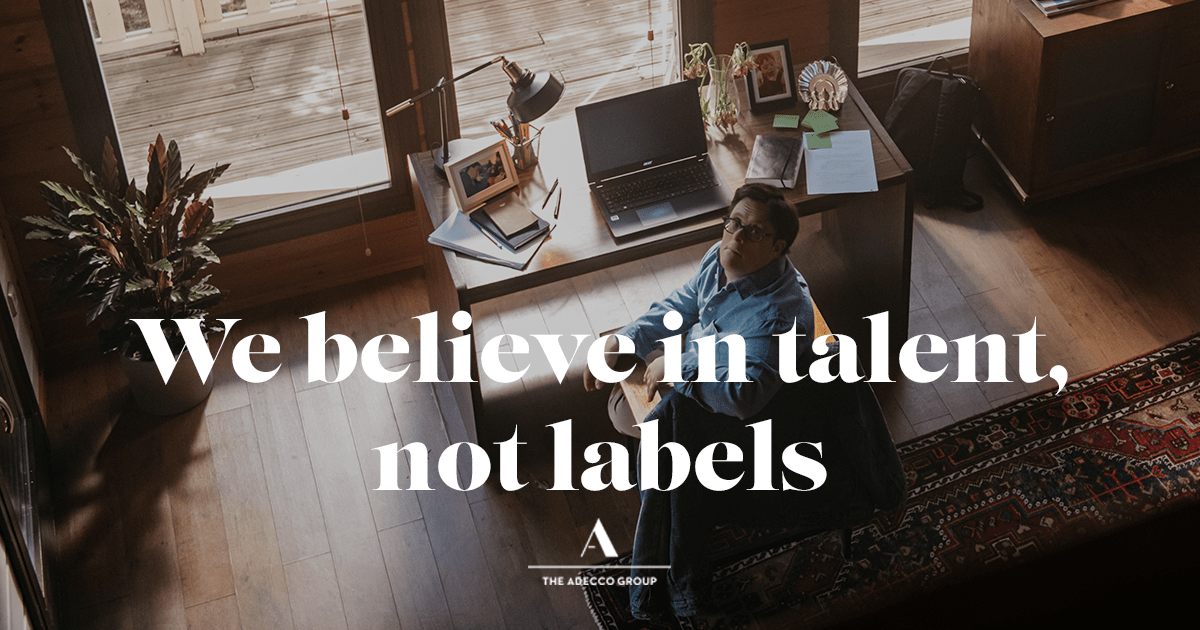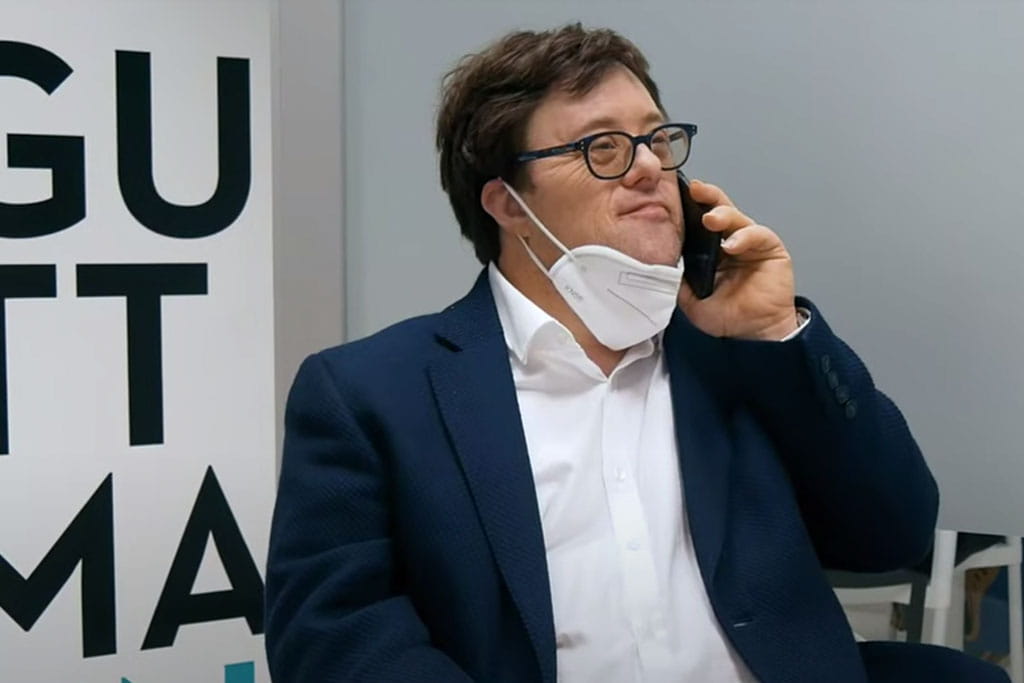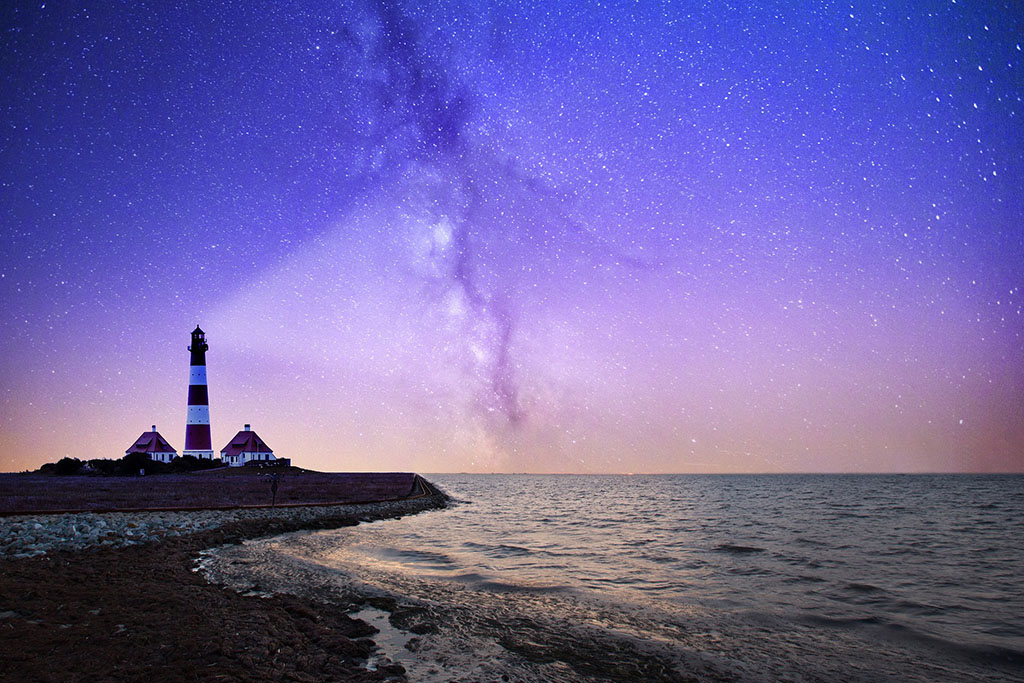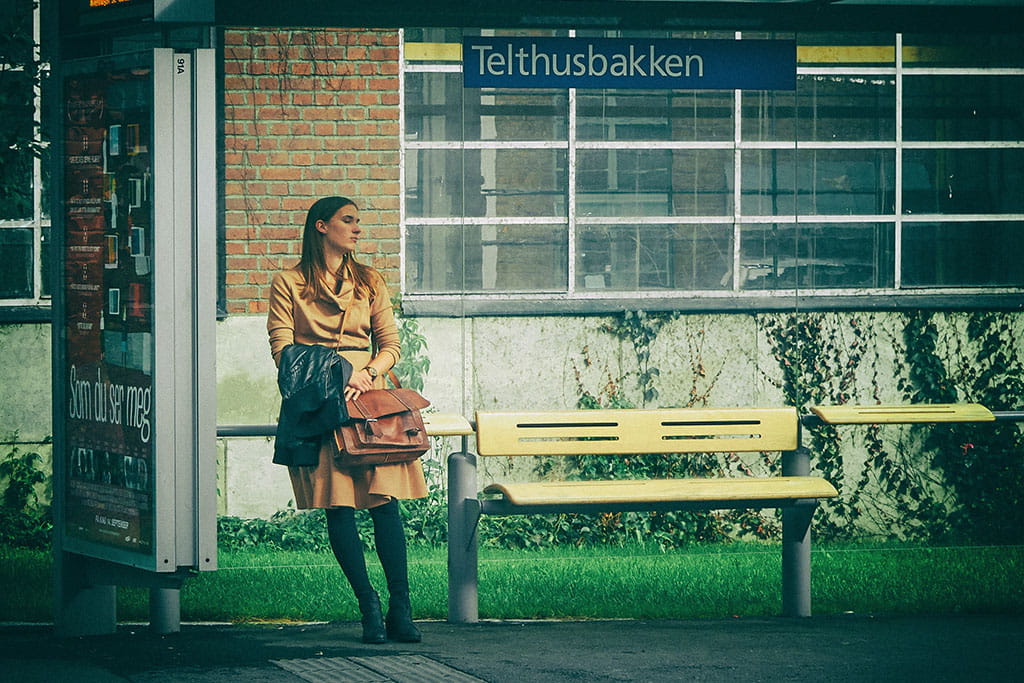COVID-19 has accelerated some trends like the increasing use of digital technology and remote working. The pandemic has also shone a spotlight on inequality and exacerbated the challenges faced not only by vulnerable and disabled people, but by all of us.
December 2, 2020
Inclusive Futures
To mark the occasion of International Day of Persons with Disabilities on December 3rd, well-known disability activists Pablo Pineda, Desirée Vila and Maria Petit, present the short film “Vulnerable” produced by the Adecco Group Foundation in Spain and talk to us about Disability and Inclusion.
In it they reflect on how this health crisis has uncovered everyone’s vulnerability. And they highlight the need for companies and people to focus on positive values, such as empathy, collaboration and fairness, all of which they believe will be decisive in building a more equitable and inclusive future.
In it they reflect on how this health crisis has uncovered everyone’s vulnerability. And they highlight the need for companies and people to focus on positive values, such as empathy, collaboration and fairness, all of which they believe will be decisive in building a more equitable and inclusive future.
Pablo Pineda: “Companies are preparing little by little, but changes in mentality and work culture do not happen overnight”
Teacher, actor, writer and lecturer, Pablo Pineda has been breaking down barriers all his life. Fighting for equal opportunities for people with disabilities is his vital mission, to the point where today, he is a great reference in the field of disability.
Since he graduated in with a teaching degree – which made him the first person with Downs Syndrome to be awarded a degree in Europe – Pablo has worked both in the public and private sectors, and he found both experiences very positive. “However, in some places I could not realize my true potential, perhaps because they focused on my label, while others immediately saw my talent and knew how to take advantage of it.” This is precisely what any company that wants to be inclusive should do: they must look for the talent over and above society’s labels and see people as stimuli and “their talent as an enriching element”. Companies that embrace this diversity of talent will progress and succeed.
After 10 years’ experience as a Diversity consultant and ambassador for the Adecco Foundation, Pablo has a perspective that allows him to assess the current status of inclusion in Spanish companies.
“Companies are preparing little by little, but changes in mentality and work culture do not happen overnight.” He points out the importance of innovating, moving forward and taking risks in order to accelerate the journey along this long road.

Pablo believes that the new normal in the world of work brings advantages, but also disadvantages. He says technology is allowing us to feel closer than ever – facilitating many processes, including for people with disabilities. In some cases, he says, access to employment is fairer thanks to video interviews or other online recruiting and business processes. However, technology also has its shadows. For Pablo, dependence on technology can make the feeling of proximity and closeness just that: a sensation, whereas in reality, we are actually distancing ourselves from each other. “Through the computer, we may lose empathy and getting into the other’s shoes becomes more difficult. In addition, we can get the false impression that we are on our own. That is a big mistake because we all need each other.”
Now, more than ever, we must remember that “we are the same – people with our doubts and hesitations – regardless of our individual circumstances,” said Pablo.
According to Desirée Vila, a Paralympic athlete and university student: “We deserve to improve as a society, grow as people, and appreciate that talent does not understand labels and that inclusion is the only way to improve and develop.” She says we cannot talk about companies without talking about people, because behind these businesses are countless names, faces and families that give life to companies. Desirée defines the inclusive company as one composed of socially responsible people and for her, today’s great enemy of disabled people continues to be ignorance: “People still have many prejudices within the world of disability. It is clear that the solution is to know, ask from a position of respect and respect the difference.“
At 22, Desirée is studying the last year of a degree in International Relations, which has not prevented her from doing different jobs, as she considers it important to gain experience in the world of work as soon as possible. Her visibility on social networks has led her to star in different campaigns, as the face of major brands, participate in television programmes and even write and publish her life experiences in a book
Despite the fact that companies still have a long way to go towards full inclusion, Desirée wants to celebrate achievements so far and applauds the will – in most Spanish companies – to be inclusive. “The first step is, without doubt, the desire to change things.”
“The only incurable thing is the will to live,” says Desirée, who uses social networks to get her message across, via her growing community of almost 47,000 followers on Instagram. In addition, her 89,000 subscribers to her YouTube channel see how she presents disability through humor as a natural way to normalize and demystify the misconceptions about disability that continue to hinder inclusion. She combines this work with her role as an ambassador for the Adecco Group Foundation, where she pursues the same mission: to provide knowledge and bring disability closer, but in this context, to companies.
The video “Vulnerable” talks about the new normal and how we have all had to adapt to situations that we never imagined – a vulnerability that thousands of people with disabilities have long experienced. Faced with this new normal, Desirée believes that “people with disabilities are prepared for new forms of work, as long as companies take into account that not everything will work for everyone. “We must create a diversity strategy in companies and be open to accepting what is different, even if it scares us.”
Maria Petit, co-founder of Punt de Vista and communication professional at Hallotex, is clear that the first step a company must take to generate more inclusive environments is to have a heterogeneous workforce. “Only with heterogeneous teams do we learn from each other. The diversity with which we live generates learning and wealth.”
Like Desirée, Maria also believes that although there is still a long way to go to make full inclusion a tangible reality, the key to everything is to start looking at people for what they are: PEOPLE. Companies must value the diversity of their employees and forget about outdated labels and prejudices. “If we don’t start here, we will never move forward,” she says.
Just two years after the accident [in which she lost her sight], Maria found a job at Hallotex, a fashion design company, where she continues to work: “I am aware I’m very lucky. My experience of working is very good, and I am lucky to do it in a company whose values I share and where equity is the basis of everything. In addition, I have an incredible team who I learn from every day.”
On the use of technology to maintain working life, Maria said: “As long as there is accessible technology, that promotes inclusion, like screen readers on computers or accessible applications for working with Microsoft Teams, we will be closer to reaching the inclusion of people with disabilities.” On the other hand, she points out that in addition to accessible technology, inclusion cannot ignore education and knowledge.
Maria features in the video and accompanies her message with: “This year, full of difficult moments, we have realized that we all have disabilities: emotional disabilities. We all have a disability; the point is that only some are labelled. Why don’t we remove these labels and start to focus on each other’s strengths and not weaknesses? It would be much more constructive if we started to look at our strengths to make this world a better place.”
“Vulnerable“ launches a message of optimism: “After everything we’ve been through, and everything we’re going through, we deserve to improve as a society, grow as people and understand that talent does not understand labels and inclusion is the only way to improve and develop.”
Now, more than ever, we must remember that “we are the same – people with our doubts and hesitations – regardless of our individual circumstances,” said Pablo.
Desirée Vila – “Today’s great enemy of disabled people continues to be ignorance”
According to Desirée Vila, a Paralympic athlete and university student: “We deserve to improve as a society, grow as people, and appreciate that talent does not understand labels and that inclusion is the only way to improve and develop.” She says we cannot talk about companies without talking about people, because behind these businesses are countless names, faces and families that give life to companies. Desirée defines the inclusive company as one composed of socially responsible people and for her, today’s great enemy of disabled people continues to be ignorance: “People still have many prejudices within the world of disability. It is clear that the solution is to know, ask from a position of respect and respect the difference.“
At 22, Desirée is studying the last year of a degree in International Relations, which has not prevented her from doing different jobs, as she considers it important to gain experience in the world of work as soon as possible. Her visibility on social networks has led her to star in different campaigns, as the face of major brands, participate in television programmes and even write and publish her life experiences in a book
Despite the fact that companies still have a long way to go towards full inclusion, Desirée wants to celebrate achievements so far and applauds the will – in most Spanish companies – to be inclusive. “The first step is, without doubt, the desire to change things.”
“The only incurable thing is the will to live,” says Desirée, who uses social networks to get her message across, via her growing community of almost 47,000 followers on Instagram. In addition, her 89,000 subscribers to her YouTube channel see how she presents disability through humor as a natural way to normalize and demystify the misconceptions about disability that continue to hinder inclusion. She combines this work with her role as an ambassador for the Adecco Group Foundation, where she pursues the same mission: to provide knowledge and bring disability closer, but in this context, to companies.
The video “Vulnerable” talks about the new normal and how we have all had to adapt to situations that we never imagined – a vulnerability that thousands of people with disabilities have long experienced. Faced with this new normal, Desirée believes that “people with disabilities are prepared for new forms of work, as long as companies take into account that not everything will work for everyone. “We must create a diversity strategy in companies and be open to accepting what is different, even if it scares us.”
Maria Petit – “Why don’t we remove labels and focus on each other’s strengths and not weaknesses?”
Maria Petit, co-founder of Punt de Vista and communication professional at Hallotex, is clear that the first step a company must take to generate more inclusive environments is to have a heterogeneous workforce. “Only with heterogeneous teams do we learn from each other. The diversity with which we live generates learning and wealth.”
Like Desirée, Maria also believes that although there is still a long way to go to make full inclusion a tangible reality, the key to everything is to start looking at people for what they are: PEOPLE. Companies must value the diversity of their employees and forget about outdated labels and prejudices. “If we don’t start here, we will never move forward,” she says.
Just two years after the accident [in which she lost her sight], Maria found a job at Hallotex, a fashion design company, where she continues to work: “I am aware I’m very lucky. My experience of working is very good, and I am lucky to do it in a company whose values I share and where equity is the basis of everything. In addition, I have an incredible team who I learn from every day.”
On the use of technology to maintain working life, Maria said: “As long as there is accessible technology, that promotes inclusion, like screen readers on computers or accessible applications for working with Microsoft Teams, we will be closer to reaching the inclusion of people with disabilities.” On the other hand, she points out that in addition to accessible technology, inclusion cannot ignore education and knowledge.
Maria features in the video and accompanies her message with: “This year, full of difficult moments, we have realized that we all have disabilities: emotional disabilities. We all have a disability; the point is that only some are labelled. Why don’t we remove these labels and start to focus on each other’s strengths and not weaknesses? It would be much more constructive if we started to look at our strengths to make this world a better place.”
“Vulnerable“ launches a message of optimism: “After everything we’ve been through, and everything we’re going through, we deserve to improve as a society, grow as people and understand that talent does not understand labels and inclusion is the only way to improve and develop.”



